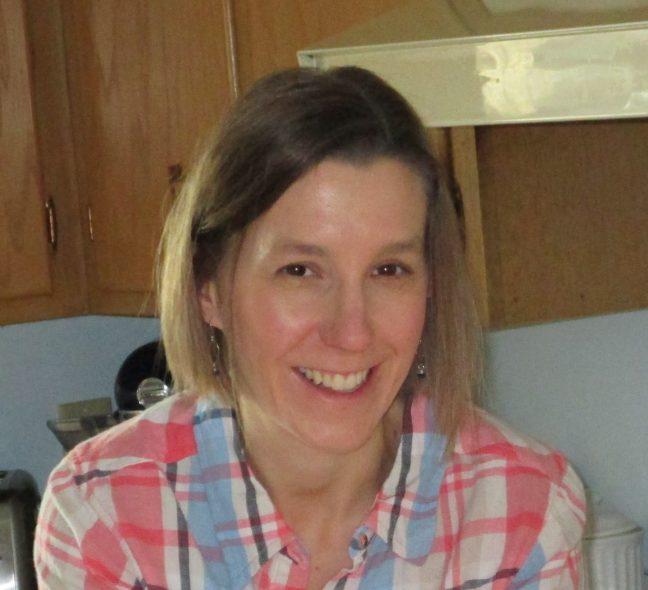When it comes to public service and understanding homelessness, Torrie Kopp Mueller is no stranger to the topic.
After working 17 years at YWCA Madison, Mueller has seen a wide array of issues touching the homeless population. Outside of her work at YWCA, Mueller is also on the Board of Directors for the Homeless Services Consortium.
As the recent recipient of the Jeffery Clay Erlanger Civility in Public Discourse Award, city council and the mayor honored her for her work advocating for low income and homeless families.
The Badger Herald sat down with Mueller to talk about her work in Madison and on some of the issues facing the homeless population.
This interview has been edited for length and clarity.
The Badger Herald: Recently it was found that homelessness in Wisconsin dropped 6 percent, but there still seems to not be enough shelters. Why do you think this might be?
Torrie Kopp Mueller: I think it is hard for people to believe that because there is such visible homelessness when you see people on the street, sleeping outside, everyday, the same people.
I don’t know if it is always there are not enough shelters. Sometimes the shelters we have set up aren’t necessarily going to meet the needs of some of our folks on the street. There might be a bed for them to sleep in, but that’s not a place where they feel safe or comfortable, so they are not going to take advantage of that. Instead of talking about shelter, we need to focus on efforts of housing.
BH: What are some of the biggest problems facing the homeless population in Madison?
TM: Affordable housing, of course. That’s just such a big one. There’s a lot of people experiencing homelessness and a small number of programs.
We right now don’t have the capacity to meet the needs of our community. We could have the capacity, we just need to look at our funding strategies a little more.
BH: When it comes to the homeless population, what are some specific changes you would like to see in the future?
TM: The Homeless Services Consortium and the system has made a ton of changes over the past year. I would like to see us continue improving on the changes we’ve made.
My dream is that someday when someone experiences homelessness, which hopefully will be very rare, they can access a shelter immediately and they would only be there a few days and then be connected to a housing resource. I think it will take us a while to get there, but we are moving in that direction.
BH: What has been the most fulfilling thing in your career?
TM: When people get housing. Now in my role, I don’t work with families to locate housing, but I’ve done that a lot of my career. I still, to this day, when someone tells me they get into housing I always do a little dance. It’s so good to see the relief to know that they know where they’re going to be every night.
BH: What do you want the community to know about progress being made in Madison?
TM: We are, as homeless services agencies, really examining the work we do and hoping to do better and making changes and trying to do better. It won’t have an instant change where all of a sudden we don’t see homeless people.
I want the community to bare with us and to know we are taking our jobs super seriously. I think we are moving in the right direction.
BH: What originally interested you in working with YWCA and the Homeless Services Consortium?
TM: I just walked in one day and asked if YWCA was hiring in college, looking for a part-time job. I had no idea that they did, shelter or housing or any of that and they hired me despite my lack of knowing what was happening in the building. That sort of introduced me to homelessness and housing that wasn’t really something I thought about before.
After college, I needed a job and applied to YWCA. We developed new programs and I wanted to be a part of those. As part of my work, I am involved with the Homeless Services Consortium, it really wanted to have an impact on our system, so being on the board of directors would be a good way to effect change.
BH: Why did you stay so long with YWCA?
TM: I love our mission — eliminating racism, empowering women. I love that I am able to do the work of ending homelessness and incorporate equity work using a racial justice lens. They also offer a lot of professional development and leadership opportunities that I’ve taken advantage of.


